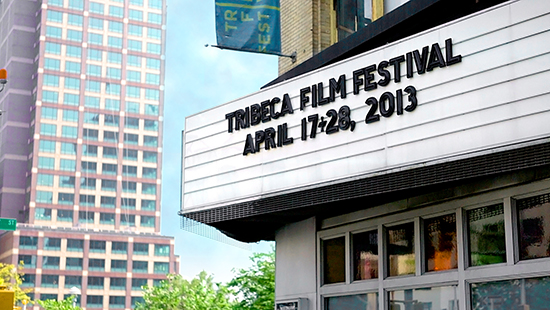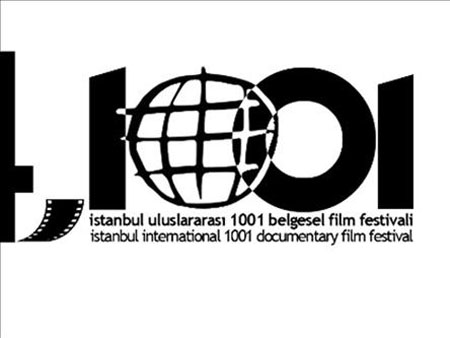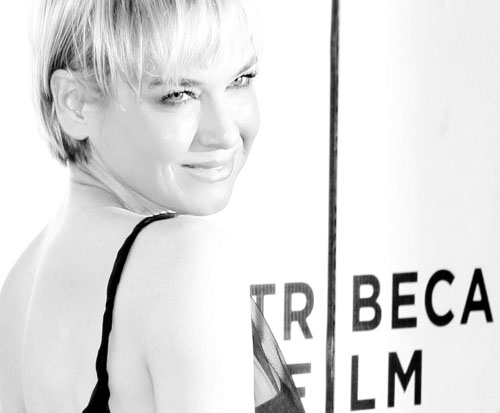Five years after his previous film, the extraordinary and unique Lights in the Dusk, Finnish director Aki Kaurismäki has presented his latest feature, Le Havre, in Cannes. The press conference given by Kaurismäki in his own inimitable style provided many memorable moments: after being told off for lighting a cigarette he replied that it was an electric cigarette and as such would require an electric ashtray to put it out.

Irony, detachment and lack of expression are some of the characteristics of Kaurismäki’s films. His films would perhaps be unbearably hard if it were not for these aspects which serve to give them a certain tenderness and humanity. But his is always a world which is ruthless, cruel and evil, where humans seem condemned to unnecessary suffering as a result of stupidity, selfishness, greed and wickedness. Despite this, and to Kaurismäki’s great merit, the spectator somehow leaves the cinema feeling strangely comforted by these films; something which is quite strange when we think how few other films deal quite so openly with despair and suicide.
The worth of his films lies, naturally, in their aesthetic treatment, particularly with regards to the acting, screenplay and framing, always both perfect and exquisite. As in the filmmaking of Bresson, Jarmusch or early Leigh, the long silences and lack of communication between the characters create new lines or spaces where other kinds of encounters between people seem possible, encounters which give them strength to resist the hazards of living in a world which is both cruel and unscrupulous. From this point of view, his films have a certain Gnostic quality: they recognize the wickedness and corruption of the material world, but at the same time suggest the existence of a divine spark hidden in its core which allows us to glimpse, and possibly even gain brief access to, the true life.
It is possible that art exists essentially to save us from the world. This is how Kaurismäki’s films work; however, they do not do so by escaping into artificial paradises, rather they plunge us deeply into its darker aspects. It is no coincidence that in 1992 he directed, in beautiful, desolate black and white, one of the greatest adaptations ever made in any genre of the cult novel, La Vie de Bohème (also the source for the celebrated Boheme by Puccini), one of whose main characters, Marcelo Marx, is the main actor in Le Havre. As Kaurismäki put it: a reference to a film nobody saw in a film nobody will see. We must hope that in this he will be proven wrong.
 Paul Oilzum
Paul Oilzum
Despite the universality of his films, it has been said that Aki Kaurismäki is the filmmaker who has best known how to reveal some essential aspects of Finnish society. Watching his films is a strange invitation to rent apartments in Helsinki
 Translated by: Ben Palmer
Translated by: Ben Palmer
Contact Me

 English
English

